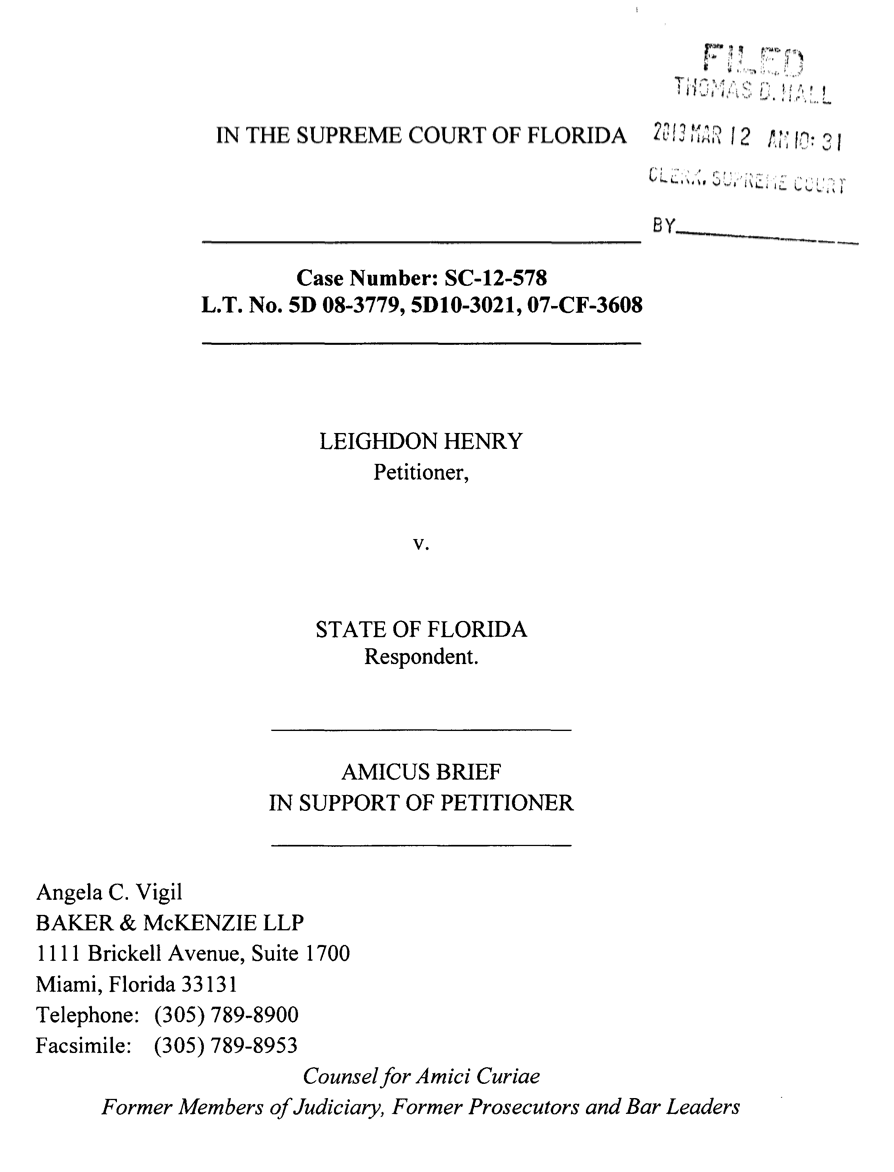
Summary of Argument
Juveniles are different from adults. Simply, they are not adults yet. It is important to consider these differences when sentencing juveniles in Florida's criminal justice system, especially in considering the issue of the number of years that constitutes a "life" sentence for a teen. Therefore, Amici urge this Court to reject a 90-year sentence for a child and offer support for this from scientific conclusions and their own observations of teens. In the case before this Court, the defendant committed a crime just two months after his 17th birthday causing a conviction and sentence that makes his current prison release date just after his 107th birthday. This is a life sentence by anyone's standard. Amici do not believe courts should excuse the behavior of delinquent juveniles, but rather limit the magnitude of the consequences of their behavior so that it is commensurate with their culpability. While this does not eliminate accountability by a juvenile for his actions, it may appropriately limit it.